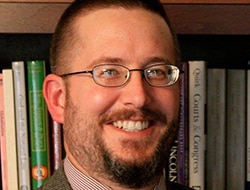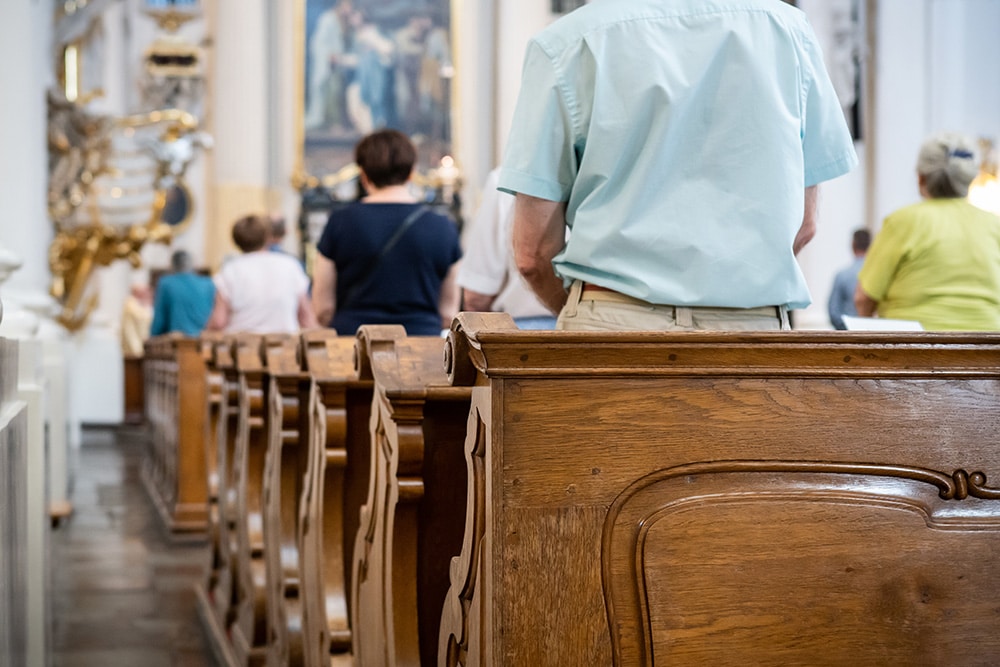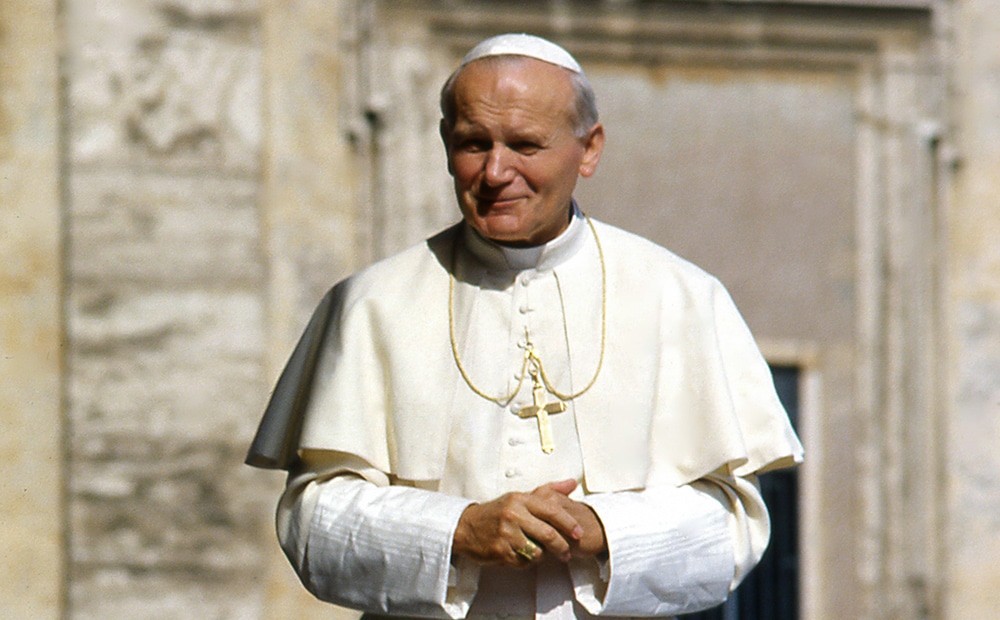 “From the Chapel” is a series of short, daily reflections on life and faith in a time of uncertainty. As people across the world cope with the effects of the coronavirus — including the social isolation necessary to combat its spread — these reflections remind us of the hope that lies at the heart of the Gospel.
“From the Chapel” is a series of short, daily reflections on life and faith in a time of uncertainty. As people across the world cope with the effects of the coronavirus — including the social isolation necessary to combat its spread — these reflections remind us of the hope that lies at the heart of the Gospel.
In the modern age (someone once said), all philosophy is epistemology — that is, the study of how we know what we know. The love of wisdom (the literal meaning of philosophy) presupposes the existence of truth, and trying to understand how we come to grasp that truth can tell us a lot about what it means to be human, and what the limitations of our understanding are.
Yesterday, I mentioned the limitations inherent in how we express our experience of the truth — the ways in which (to return to Marshall McLuhan’s words) the medium shapes and distorts the message. The Catholic philosopher Joseph Pieper examined the same phenomenon using different words, distinguishing between tradition — the act of handing down something that is important — from the truth that is handed down. Over time, our connection to the truth can become attenuated, and we begin to regard the tradition itself as the truth — the medium as the message.
Both Pieper and McLuhan — and the Catholic novelist Walker Percy and the Catholic historian John Lukacs, and Popes John Paul II and Benedict XVI and Francis — have reminded us that our experience of Christ is the truth that we need to hand down. “Go and make disciples of all nations” — that is, bring every man and woman into a relationship, not with doctrines and creeds and theological formulations, but with Jesus himself. The doctrines and creeds and theological formulations are the media through which we attempt to understand the truth that we have experienced, the tradition that helps us pass on that truth. But the truth itself is found in the person of Jesus Christ, and we know the truth not merely by learning about him but by experiencing his grace in our souls.
Our time away from Mass, from the sacraments, can either lead us away from Christ, or lead us closer to him. It all depends on how we approach it. If what we are missing most is the liturgy — the medium — we need to focus instead on the message, the Word, the God-made-man. The sacraments themselves are the medium, the tradition — the outward signs of the inward grace that is the fullness of the truth, the life of God within our soul.
Being deprived by circumstances of the sacraments does not mean that we are deprived of God’s grace. But just as we can deprive ourselves of that grace through our actions, through our sins, we can also mistake the medium for the message, the tradition for the truth, and end up mourning the loss of Christ when he is right here, right now, ready to reveal himself to us in prayer, if only we make the first move.
Scott P. Richert is publisher for OSV.





